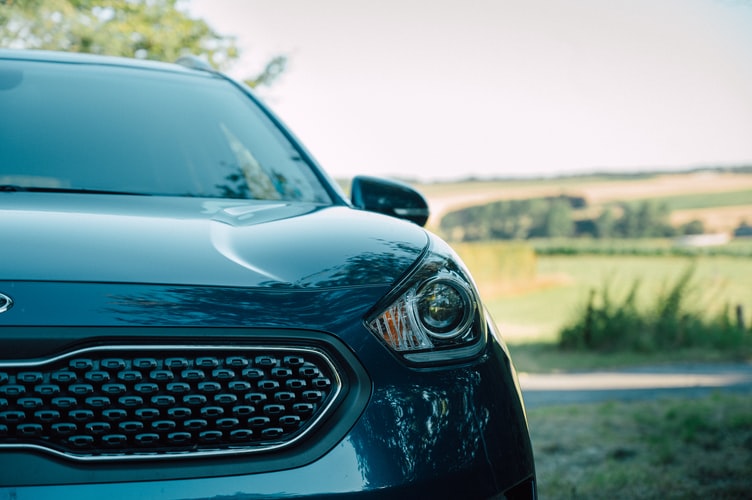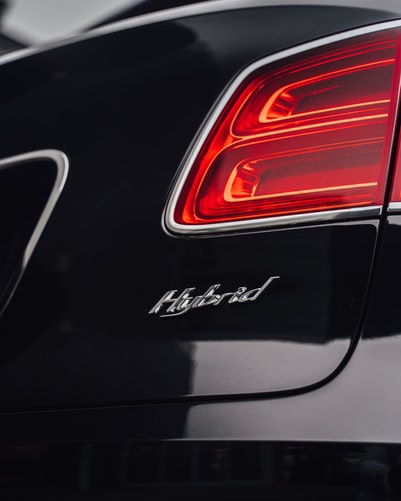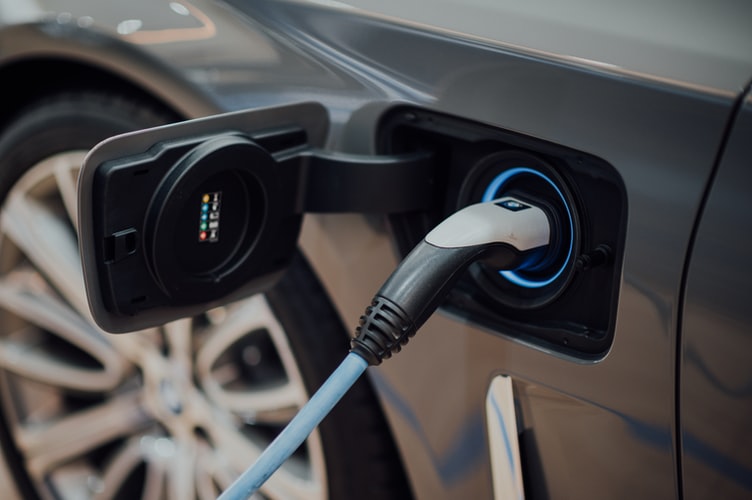With the UK switching it’s sights to hybrid and electric vehicles in the coming years, many of us are probably wondering how our driving experience will change. For those of us used to our petrol and diesel-driven engines, the thought of switching to an hybrid vehicle could be a daunting one, particularly with the myths floating around the industry. To help settle your mind, we’ve put together some of the most common myths and debunked them for you.
Hybrids Are Complicated To Drive
There is a myth and a rumour that hybrid vehicles are complicated to drive, but this is completely wrong. In fact, driving a hybrid vehicle is more or less the same as driving a standard fuelled car. You drive in the same way, there are no special techniques or driving styles that you need to adopt – if you’ve driven another car before, then a hybrid is certainly no different.
Hybrids Need To Be Plugged In
While plug-in hybrids do require being plugged in at times, self-charging hybrids do not. Hybrid cars run on two different power sources – a combustion engine and an electronic motor. In self-charge hybrids, the battery attached to the electric motor charges itself as you use the brakes during your drive. This then subsidises the amount of petrol or diesel that is needed in the vehicle and can ultimately reduce fuel consumption without the need for access to a plug-in spot.
Hybrids Don’t Help The Environment
While electric vehicles are a more eco-friendly alternative to a hybrid, hybrids are still far better for the environment than conventional combustion engines. Due to the need for less fuel due to the electric motor subsidising the power, there are far lower emissions and the impact on the environment is lower too. It is incredibly difficult, if not impossible, to get a fully sustainable, eco-friendly vehicle but hybrids are certainly going a long way to improving the overall footprint across the globe.
Hybrid Vehicles Are Too Expensive
While hybrid cars are considered to be more expensive than your typical combustion engine vehicle, in the UK, there are grants available from the government to help those buying a new hybrid or electric vehicle. While affordability will depend a lot on your own financial situation, hybrid vehicles being released today are reasonably priced within the eco-friendly vehicle marketplace, and it is possible to buy a used hybrid for those wanting to save the extra cash.
Hybrids Need More Servicing
When it comes to servicing and maintenance, the myth surrounding hybrid vehicles is that they need more maintenance and more regular servicing than standard combustion engines. The reality, however, is that in most cases, you’ll follow the same maintenance and service routines and intervals as you would with a combustion vehicle. Good, well-trained mechanics should be able to service a hybrid with the same ease or skill as with any other vehicle, and potentially even save you money in the meantime as the engine will be used less and therefore be in a better condition.
Hybrid Cars Are A New Technology
While hybrid technology feels like the new kid on the block, we’ve had hybrid vehicles on the roads since 1997. Toyota pioneered and released the first ever mass produced and accepted petro-electric Prius in that very year, starting the world of Hybrids off on a 20+ year journey to become what we know them as today.
Hybrids Lose Out On Performance

There is a common misconception that hybrid cars are slow and ‘sputtering’, with low performance and low speeds. While at the very start of the hybrid movement we saw a level of trial and error when it came to performance, today’s hybrids are high-performing and, like any other vehicle, are available in different styles, sizes, price ranges and more. You could have a luxury hybrid, or an everyday hybrid, small or large, SUV or hatchback – the choice really is up to you and performance certainly isn’t an issue in most.
If you own a hybrid and are looking for a service, or are just getting started in your search, feel free to get in touch with a member of our team, today.



